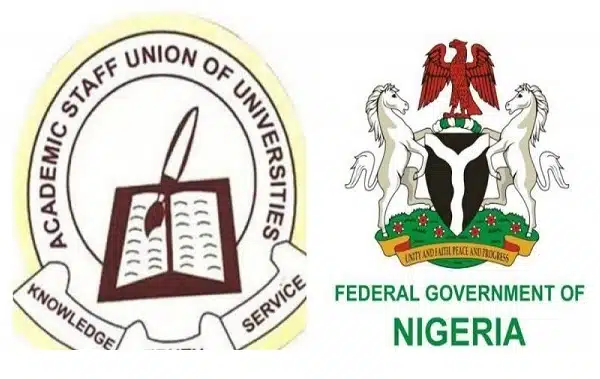A fresh wave of tension is building across Nigeria’s public universities as the Academic Staff Union of Universities (ASUU), University of Jos chapter, has strongly accused the Minister of Education, Dr. Tunji Maruf Alausa, of misleading Nigerians over the federal government’s compliance with ongoing demands. The union has warned that it may be forced to resume its suspended strike if the government fails to meet its obligations before the expiration of its current ultimatum.
The new confrontation raises fears of yet another disruption to academic calendars just months after universities began stabilizing from previous lengthy industrial actions.
Background to the Renewed Conflict
In late October, ASUU issued a four-week ultimatum to the federal government, demanding concrete action on a list of long-standing issues affecting lecturers and the quality of public university education. These demands include:
- Payment of withheld salaries totaling about 3.5 months
- Payment of 25% and 35% salary award arrears
- Release of promotion arrears
- Actual disbursement of the promised ₦50 billion revitalisation fund
- Review and implementation of the 2009 ASUU-FG Agreement
However, halfway into the deadline, the union says there has been no meaningful progress, despite what it described as “public relations statements” from government officials.
ASUU’s Claims Against the Minister
Speaking at a press briefing, the ASUU University of Jos Chairman, Dr. Jurbe Moltok, criticized the Minister of Education for announcing that the government had released ₦2.3 billion for the payment of arrears. The union insists the amount is insufficient and does not reflect the actual scale of debts owed across Nigerian universities.
According to ASUU, the minister’s statement:
- Creates a false impression that lecturers are being settled
- Disregards the reality that many institutions have not received any payment
- Appears designed to pacify public concern rather than solve issues
The union described the minister’s comments as misleading and unacceptable, insisting that what matters is actual payment confirmed by lecturers, not public announcements.
The Revitalisation Fund Controversy
One of the most significant sticking points is the ₦50 billion revitalisation fund meant to improve infrastructure and academic environments in public universities. According to ASUU:
- The funds have not been disbursed to any university
- Government has failed to provide clear timelines for the release
- Public institutions remain overcrowded and under-equipped
The union maintains that improving the learning environment is crucial for restoring quality and preventing further brain drain.
Strike Warning: The Clock is Ticking
ASUU emphasized that the current four-week ultimatum remains active, meaning the government has until November 21, 2025 to address the demands.
If the deadline passes without meaningful progress:
“We will have no choice but to resume the suspended industrial action.”
This would likely result in the closure of federal and some state universities nationwide — affecting academic schedules, examinations, admissions, and graduations.
Reactions Across Campuses
Students across the country are already expressing anxiety, as many fear the ripple effects of yet another strike:
- Delayed graduation timelines
- Interrupted research work
- Lost academic motivation
- Increased financial burden for parents and guardians
Some student groups have begun appealing to the federal government to intervene urgently to avoid another academic crisis.
ASUU Calls on President Tinubu
In a bold move, the union urged President Bola Ahmed Tinubu to re-evaluate the leadership of the Ministry of Education, arguing that Nigeria needs a minister who fully understands the depth of issues affecting higher education.
The union insists that resolving the crisis requires genuine commitment, not statements that paint an inaccurate picture of progress.
What is at Stake
The unfolding situation is not merely a dispute over wages or allowances. It reflects broader structural challenges in Nigeria’s public university system:
- Funding shortages
- Poor infrastructure
- Declining confidence in the public education sector
- Continual loss of lecturers to foreign institutions
A renewed strike would worsen these problems, potentially leading to further academic decline.



